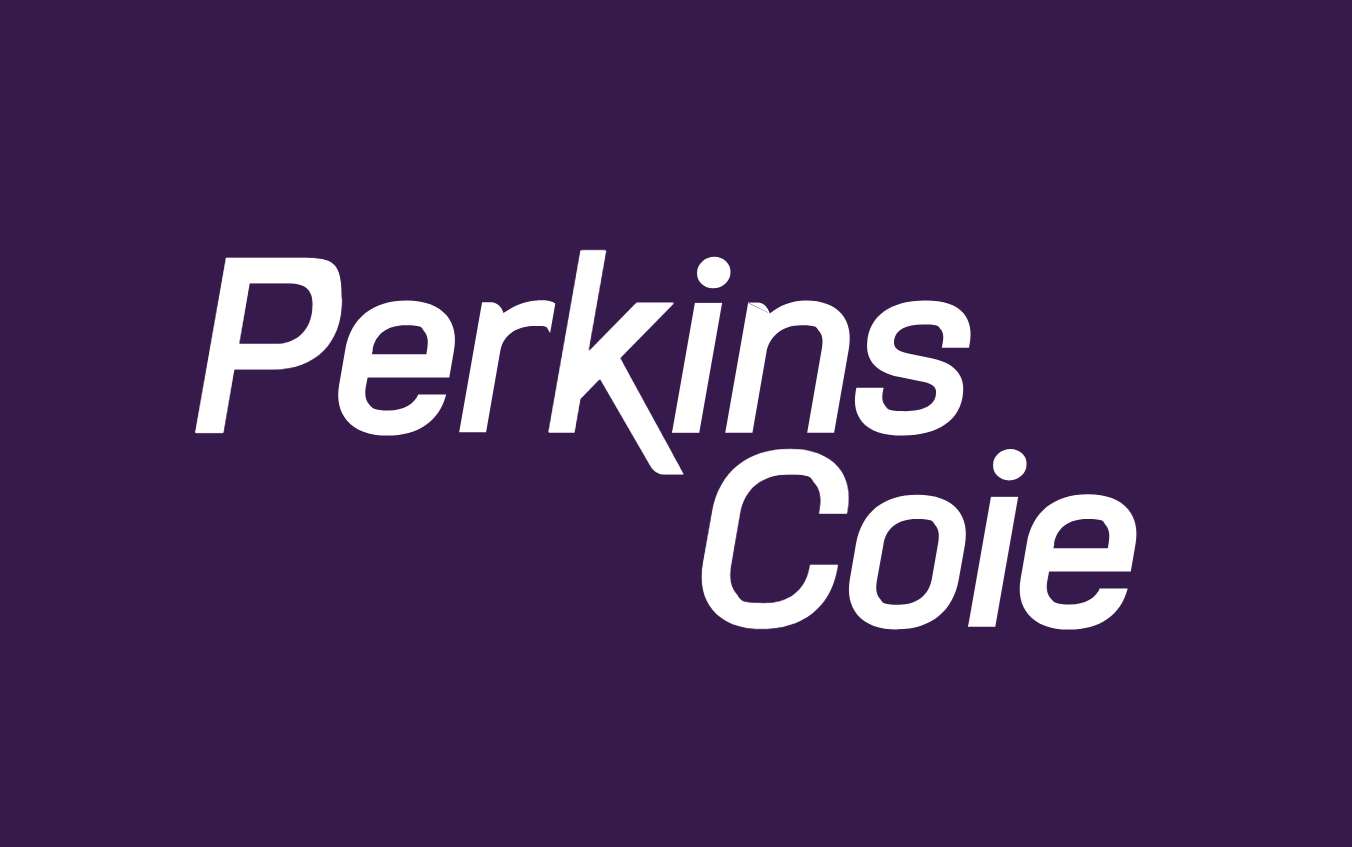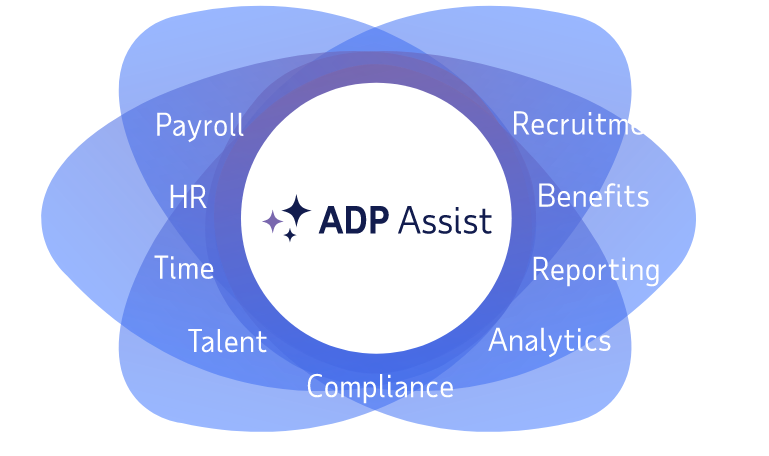Last month was the first annual CPA Practice Advisor “40 Under 40” ThinkTank Symposium. As an attendee and first-time 40 Under 40, I was excited to meet my fellow honorees for a guided discussion hosted by Rootworks in Indianapolis.
It was a gathering reflective of the increasingly diverse nature of the profession. There were representatives from large firms, small firms, and sole practitioners, too. We had auditors, tax experts, bookkeepers, technology specialists, society administrators, and educators. There were CPAs and non-CPAs. Some wore a suit and tie. Some wore jeans. Two-thirds were women, reflecting the overall shift in the gender balance of the profession.
Each of us brought a unique perspective to the gathering. For a day and a half we shared our experiences, concerns, and suggestions. We speculated on the future of the profession and attempted to come to some conclusions on what to do about the challenges facing accountants and bookkeepers in the United States.
We covered a lot of ground — more than I could possibly capture here in a short article. But a handful of discussion points stuck with me and I wanted to share them with you. So here are my top 5 takeaways from the symposium.
1. The definition of the term “accounting firm” is changing rapidly — and that’s a good thing
It used to be that most public accounting firms did tax and audit, and that was pretty much it.
These days firms are providing all sorts of services, such as outsourced bookkeeping, financial management, technology consulting, business coaching, strategic planning, and wealth advisory services.
And it isn’t just CPAs doing it. The only thing you really need a CPA license for is to attest to financial statements, after all. There are plenty of non-CPAs (myself included) who have started successful businesses doing a substantial chunk of what CPA firms are doing.
So what exactly is public accounting firm?
Accounting is still about the numbers. But we’re moving beyond compiling and reporting those numbers to offering insights about those numbers.
As the “owners” of the financial data, accountants and bookkeepers are best positioned to take advantage of automation. We can reduce the time spent on reporting and compliance and spend more time on analyzing the data and improving processes to help businesses grow profits.
I did this with my first company, Cloudsourced Accounting, which was then acquired by HPC, a CPA firm with no physical offices. We standardized our practice in the cloud using Xero and integrated partner apps such as Bill.com and Expensify to cut the time it takes to do outsourced accounting work by 50 to 75%.
By moving to fixed fees, we didn’t lose any revenue, and we could spend the time we saved having more customer interactions as opposed to doing data entry.
By implementing and taking responsibility for the accounting systems for our clients, we could do much more for them. And when it came time to do taxes, because we’d been doing the books, it was a piece of cake.
It wasn’t easy to make the switch but it was totally worth it. It can be painful in the short term, but this shift is good for the profession in the long run.
By shifting to a broader mix of products offered year-round, accountants can escape the tyranny of the busy season with the same amount — or more — of revenue. As one attendee, a senior tax manager at a large firm, remarked, “During tax season I live my life in point-one-hour increments, and it is horrible.”
Who wants to live like that? Everyone who has gone through even one busy season can understand the benefits of replacing tax revenue with revenue from services offered throughout the year.
There are other benefits, too. We can attract more talent into the profession because you don’t have to give up your life for half the year to work in public accounting. And customers are happier. They’ll finally be able to reach us when they need us for something other than the next tax filing.
2. Customer experience is going to be what sets modern firms apart from traditional firms
Not long ago, accounting firms competed locally, and competition in many areas wasn’t very intense. After all, there are only so many CPAs, and you’ve got to get your taxes or audit done by someone.
One consequence of a lack of competition is that customer service tends to suffer.
Now we can work with clients easily from anywhere in the world thanks to cloud accounting, online collaboration tools, and videoconferencing.
Firms no longer have to prospect only in their local area. They can expand their reach regionally, or seek out new business located anywhere in the country, assuming prospects are willing to work remotely with an accountant. And every year, as Boomers retire and Millennials step into management roles, clients are more willing than ever to work remotely with an accountant or bookkeeper.
The result is a whole lot more competition. It’s now easier than ever for a business to fire you and find someone new. The result is that firms must step up their game in the area of customer service.
Think of how your firm onboards new clients. Or how your firm requests documents from clients. Or how quickly you respond to their emails and phone calls.
Here are a few questions to get you thinking about customer service:
- Do you offer your clients the option to e-sign documents?
- Do you have a client portal, and if so, is it easy to use?
- Do you provide anywhere, anytime access to up-to-date financial data for your clients?
- Do you always respond to emails within 24 hours? What about sooner?
- Does your firm have a way to know if staff are handling client requests expeditiously? For example, do you do client satisfaction surveys?
Firms that answer yes to these questions will provide a superior customer experience versus firms that say no. And they’ll find it easy to grow by absorbing the clients of firms that don’t change.
3. The 150-hour requirement is hurting the profession
There was an overwhelming consensus among the attendees that the 150-hour requirement to attain the CPA license is not helpful.
Why? Because it’s just another hoop to jump through. It adds to the cost of getting the CPA license and doesn’t provide any assurance that a CPA is more capable than one who didn’t obtain the additional education.
Here’s a case in point: One attendee said that he took a course in fly fishing to meet his education requirement.
Either require a master’s degree in the field or don’t. Otherwise it’s just an unreasonable barrier to entry in the profession.
4. The career expectations of Millennials and previous generations are completely different
Twenty years ago, there was a general understanding that the way to succeed in public accounting was to conform. The message was, don’t rock the boat, do your time, and you’ll be rewarded. And that worked really well for decades.
Millennials, who came of age during and after the financial crisis, have reason to doubt the validity of this social contract.
We witnessed the fundamental instability of the financial system as the housing market crumbled.
We watched our parents get laid off at companies where they had worked for twenty years, just because they were expensive.
We graduated into a recession and couldn’t find work, so we learned by necessity that we don’t have to make a ton of money to be happy. We figured we might as well do something we believe in rather than work for a paycheck that might not be around next time there’s a global financial collapse.
If Boomer and Gen X public accounting firm partners want to recruit and hold on to Millennial CPAs who will someday replace them, they’re going to have to change the firm’s message. The message needs to be less about “doing your time” and future financial rewards and more about the greater purpose of the work being done right now.
The good news for current partners is that the shift to business advisory services has the potential to make work a lot more interesting and fun in firms. We have the opportunity to make a real difference in our clients’ businesses. That’s a mission Millennial accountants will buy into.
5. The biggest barrier to change is complacency of partners and old habits of clients
Most of the 40 Under 40, particularly those from large firms, seemed resigned to the likelihood that substantial change won’t happen until the current crop of partners retires or dies.
So much of he discussion revolved around frustration with the current leadership that the group even came up with a term for them: “The Aging Fleet.”
One of the youngest attendees pointed out the trouble with The Aging Fleet: They don’t see a problem with the current system. They’re making good money. Why go through the trouble of changing the model when you’re planning to retire in the next 10 years, anyway?
But there is a looming problem. The problem for The Aging Fleet is that fewer and fewer young accountants are buying into the traditional career path of public accounting. So who is going to take the place of the current partners when they want retire? Who is going to buy in?
At some point the profession will reach a tipping point. Directors and senior managers will decide that they don’t want to buy into an old model to become partners. That’s when we’ll see some real change in the traditional firms. And that time may be sooner than you think.
—————
Blake Oliver is a bookkeeper, consultant, and blogger specializing in cloud accounting technology. He co-founded Cloudsourced Accounting, an online bookkeeping service and one of the first Xero Platinum Partners in the United States. HPC (formerly Harshman Phillips & Company) acquired Cloudsourced Accounting in 2015.
Thanks for reading CPA Practice Advisor!
Subscribe Already registered? Log In
Need more information? Read the FAQs



